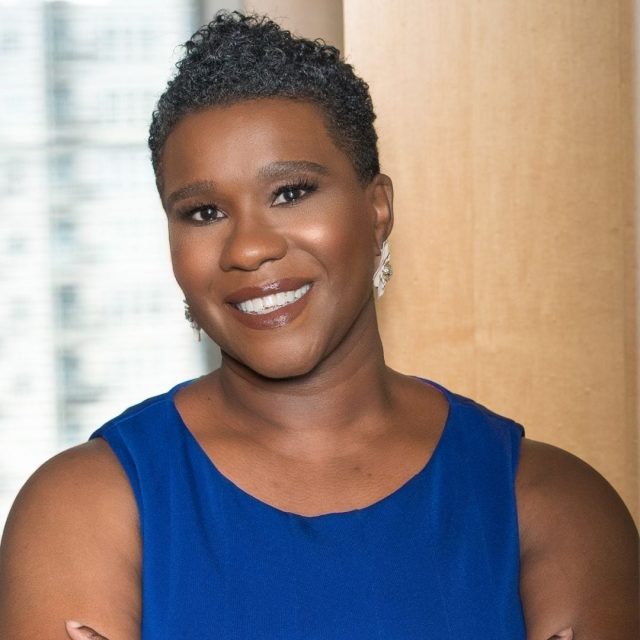Editorial – Let’s repair the broken rung on the corporate ladder

How can you climb the corporate ladder when there’s a broken rung?
If you want to get to the C-suite, it’s a process. You need to start somewhere. Yes, we can talk about bias in the hiring process and a lack of opportunities as root causes, but what about the fact that women are having trouble getting up the ladder in the first place?
The McKinsey& Company 2022 Women in the Workplace study tells us that “a broken rung at the first step up to manager is holding women back. For every 100 men who are promoted from entry-level roles to manager positions, only 87 women are promoted, and only 82 women of colour are promoted.” Another study also indicates that women ask for promotions and raises just as often as men, but that we are still “promoted more slowly and paid less than men”. This gap is even more pronounced for women of colour.
Forbes calls this broken rung a blind spot for the business world, “which typically concentrates… on promoting women at the top of the pipeline, because for years we talked about the glass ceiling— that invisible barrier women face later in their careers that prevents them from reaching the most senior ranks in organizations. In reality, women are disadvantaged from the get-go, and they never catch up.”
The truth is, no matter how much we speak up and strive for our own ambitions, we won’t rise unless we make parity a key value that influences culture, hiring and DEI policies. If companies don’t take action, they will lose the current pool of female leaders and alienate the next generation of women leaders as well.
The Women in the Workplace study bears this out, “The factors that prompt current women leaders to leave their companies are even more important to the next generation… More than two-thirds of women under 30 want to be senior leaders. Young women are also more likely… to say they’re increasingly prioritizing flexibility and company commitment to well-being and DEI.”
It’s time to fix that broken rung and make sure that women can make their way up the ladder. This is how employers and employees can work together to get it done.
Judge all employees, regardless of gender identification, by the same standards. What if we “hire for passion and train for skill”? As it stands, in the hiring and promotion process, we are not being held to the same criteria: “While men get hired and promoted based on potential, women advance based on what they’ve already accomplished. When you’re entry level and have less of a track record, this translates to women getting left behind.”
This entails regularly auditing the review and promotion process to ensure that all employees are being evaluated and treated according to the same, consistent criteria. And, of course, educating managers about how their unconscious bias may be impacting their decisions as a leader.
In order to ensure that women have access to the same opportunities, they must be provided with access to the development tools, programs and people that will accelerate their success. In our current state, women aren’t even getting enough feedback about how to move forward.
Research at the Harvard Business Review has found that, “even if it is ostensibly positive, feedback provided to women tends to be less actionable and less useful for leadership progression than feedback given to men, making it less likely that women will advance to more senior positions”.
The goal here is not simply to treat women more like men, but rather “to encourage leadership practices in all employees that include the best of both traditionally feminine and traditionally masculine traits … which may (on average) mean more conversations with male employees about developing collaboration skills, and more conversations with female employees about developing assertiveness.”
And lastly, if we want to repair that broken rung and put women on the path for promotion, we need to ensure the same pay for all employees in a similar role. Yes, this requires an audit and a re-indexing of salaries, but it does pay off in the long term. Considering that improving the participation of women in the workplace could add trillions of dollars to the world economy, this shouldn’t be a hard sell to HR departments and C-suites. Helping women up the corporate ladder puts more money in our pockets—and increases the chances of success for you and you and you







